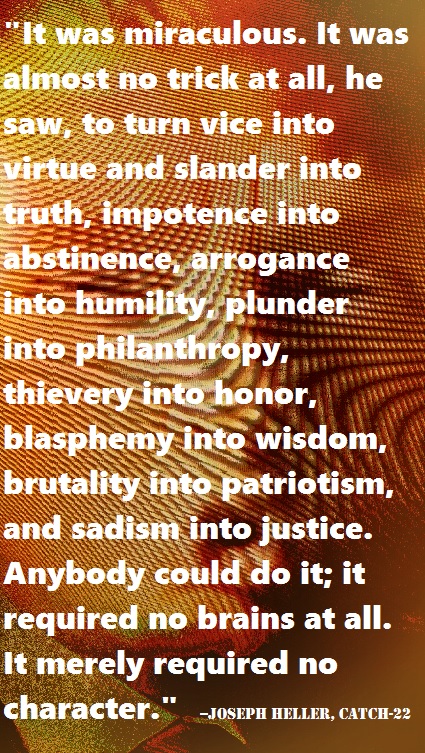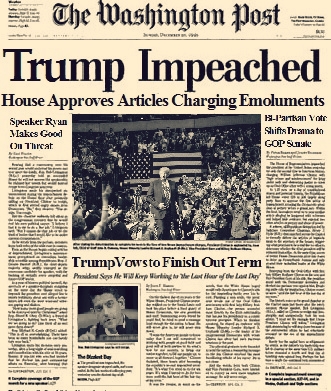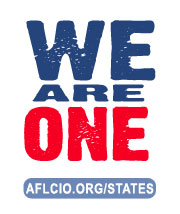There it was. The headline many around here had hoped they would see:
From the beginning of his trial, delayed for years, there was no doubt as to Chris Collings’ guilt. He had confessed to the rape and murder of 9-year-old Rowan Ford of Stella, Mo., crimes he committed in November of 2007.
His lawyers admitted in court that he killed the little girl, after he had brutally raped her. Collings had confessed that he tried to keep his identity hidden from his victim, but the fourth-grader turned and saw him and for that he said he murdered her and threw her body down a hole, no doubt hoping the earth would swallow up his wickedness.
The only thing that his trial would ultimately decide was whether he would serve his impending sentence alive or dead.
 I was reading the article in the Joplin Globe, awkwardly satisfied that justice had been done, thinking that Collings got what he deserved, despite my own misgivings about the death penalty, particularly those times it has victimized the innocent. This case was different, I kept telling myself. This man admitted he raped and killed the innocent little girl, and he deserved to die.
I was reading the article in the Joplin Globe, awkwardly satisfied that justice had been done, thinking that Collings got what he deserved, despite my own misgivings about the death penalty, particularly those times it has victimized the innocent. This case was different, I kept telling myself. This man admitted he raped and killed the innocent little girl, and he deserved to die.
He most assuredly deserved to die.
Then I kept reading the story. I came to the part where the police chief of Wheaton, Clint Clark, who had known Collings since he was a boy, said this about the imposition of the death penalty in this case:
Either way would have been difficult,” Clark said of the jury’s two choices in the penalty phase, either life without parole or the death penalty. “I believe in God, and I believe what the Bible says, ‘An eye for an eye.’” He said it would have been a difficult decision for him to make, knowing Collings as well as he does, just as it was no doubt difficult for each of the jurors who made the decision. He said he can hate only what Collings did, and not the defendant himself, whom Clark has known most of his life.
“But I can’t look at my children without thinking of Rowan,” Clark said.
When I got to that part about the Bible and the “eye for an eye,” I cringed. Are we still meting out justice according to Iron Age theology? I asked myself.
It so happened that MSNBC’s Lawrence O’Donnell discussed on Thursday the death penalty on his show, The Last Word. The gripping segment centered on the murder last April of James Craig Anderson in Jackson, Mississippi. The 47-year-old African-American was intentionally run over by white, hate-filled racist teenagers in a pickup truck. The driver of that truck, Deryl Dedmon, pleaded guilty Wednesday to murdering Anderson and to the commission of a hate crime.
Amazingly, James Craig Anderson’s family had asked prosecutors not to pursue the death penalty for Dedmon, saying in a letter:
Our opposition to the death penalty is deeply rooted in our religious faith, a faith that was central in James’ life as well. Our Savior Jesus Christ rejected the old way of an eye for an eye and taught us instead to turn the other cheek. He died that we might have everlasting life and, in doing so, asked that the lives of the two common criminals nailed to the crosses beside him be spared. We can do no less.
There you have it. Good people citing “eye for an eye” in completely different ways, in the midst of horrific circumstances. What is one to make of it all?
O’Donnell, a fierce opponent of the death penalty, said this on Thursday:
The only way to completely prevent the possibility of executing the innocent is to oppose the death penalty in all cases. If you oppose the death penalty just for the innocent, that means you’re willing to leave the death penalty in place. And if you leave it in place, mistakes will be made. The real test of your opposition to the death penalty is the hard case.
No doubt, if you are an opponent of the death penalty, the rape and murder of little Rowan Ford here in southwest Missouri is a hard case. If ever anyone deserved to be executed by the state—by we the people—it is Chris Collings.
That is why the defense argued during the penalty phase that there were mitigating circumstances the jury should consider, before it pronounced the ultimate sentence on him. Among those alleged mitigating circumstances, according to the testimony of a human development specialist that interviewed Collings, was emotional neglect both before birth and immediately after, as well as a number of “stressors” throughout his life that left Collings with a “disorganized attachment disorder” and “stuck at an emotional age of 14 or 15,” as the Globe’s Jeff Lehr reported it.
Lehr began his story on the first day of penalty-phase testimony this way:
The birth father of Chris Collings testified Thursday that he was drunk every day of the week about the time his son was born in 1975.
Dale Pickett, of England, Ark., admitted…that both he and Collings’ mother, Barbara, had issues with alcohol, although she was not as heavy a drinker as he.
“She couldn’t stand me drunk, and I couldn’t stand her sober,” Pickett summed up the relationship from the witness stand.
Chris Collings’ father spent time in prison for shooting a man he thought was having an affair with his wife. Collings’ teenage step-brother testified that he took care of his younger sibling during that time and that their mother worked more than one job and drank and “beat on him for not keeping their house picked up and went after a guy who had been drinking with her with a butcher knife,” in Lehr’s account of the testimony. That led to placement of the two kids in foster homes, and then into other foster homes.
Seven-year-old Chris Collings was eventually adopted, but soon after that his adoptive parents separated and he “began getting shuttled back and forth between his adopted mother and father.” Eventually an eighteen-year-old Chris Collings would resume a relationship with his birth father—then out of prison—who, as Jeff Lehr reported,
said his love for Chris endures despite alleged sexual contact of his son with his stepdaughter when she was between 11 and 14 years of age.
Asked about the murder of the Ford girl, Pickett said he knows his son made a mistake, but everybody makes mistakes.
What does one make of a man—whose son brutally raped and murdered a fourth-grader—who can summon from his mind only the word “mistake” to describe such crimes?
A few months before he raped and murdered Rowan Ford, Collings’ birth mother died. A few weeks before he raped and murdered Rowan Ford, his adoptive mother died. What was the jury to make of this and of all the other testimony meant to keep Chris Collings alive and in prison for the rest of his life?
As I said, what are we to make of it all? Are there any circumstances that help to explain such crimes? Are there any adverse nurturing conditions that would convince a reasonable person to spare Chris Collings’ life? Just what are the elements in one’s upbringing that conspire to create a murderous monstrosity like he most certainly is? And how much can we blame him for what he became?
I wish I knew the answers to all those questions. I wish this jury knew the answers. But what they did know, what we all know who have followed this case, is that “slender, brown-haired” Rowan Ford, who loved Hanna Montana and Jesus; who traveled the roads of Stella “on her blue-tinted Blossom Quest bicycle”; who “read voraciously, worked hard and was well-behaved,” suffered an unspeakable—and unimaginable—end to her life.
She died a most painful and terrifying death. She died sharing her last few minutes on earth with a perverted monster, the likes of which she would never have confronted in her worst nightmare. And the horror she faced, the absolutely dreadful savage that tortured her and murdered her, will one day, absent the suffering she endured, be put to death by our hand—yes, by our hand because we still approve of the death penalty—and I confess I can’t find it within me to protest.









